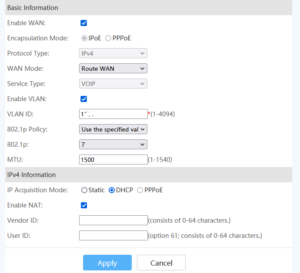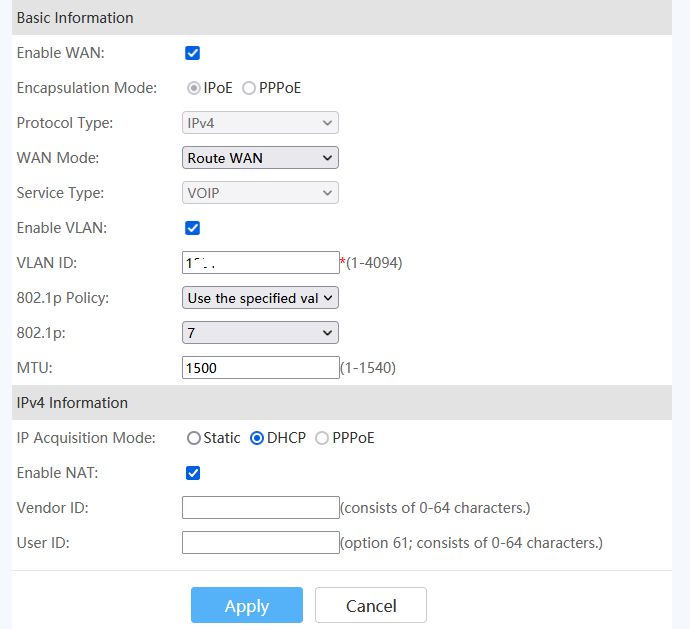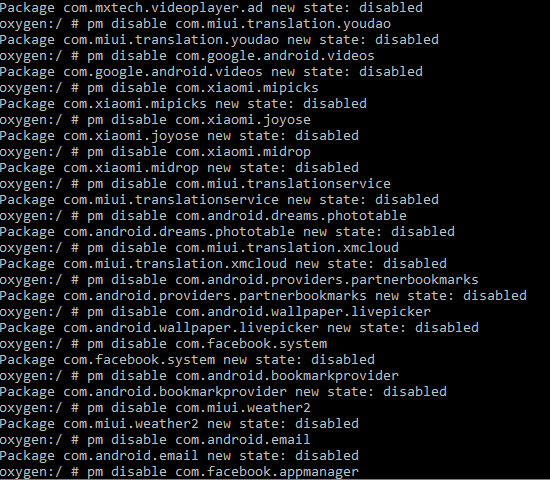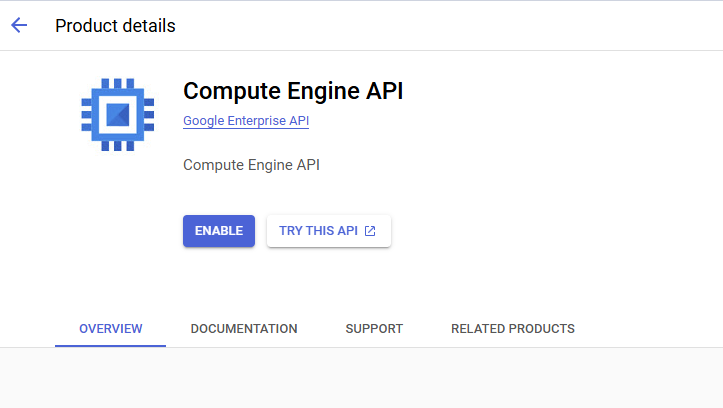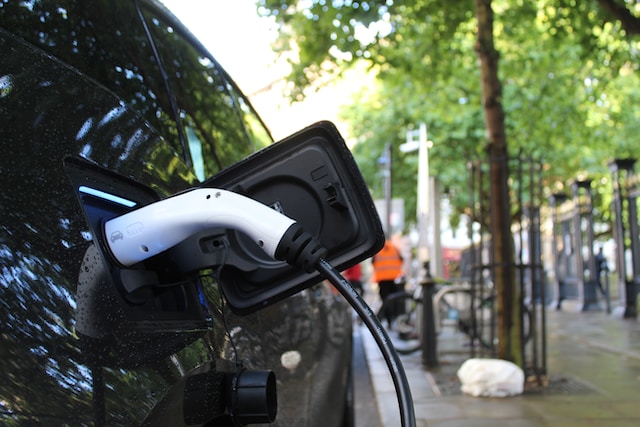
The automotive industry is undergoing a transformative shift, with electric vehicles (EVs) at the forefront of this revolution. As concerns over environmental sustainability and fossil fuel dependence grow, EVs offer a promising solution. However, one of the key challenges hindering their widespread adoption is the high cost of batteries. In this blog post, we delve into the intricacies of electric car batteries, explore the factors contributing to their cost, and shed light on the future prospects of affordable battery technology.
The Rising Popularity of Electric Vehicles:
In recent years, electric vehicles have gained significant traction worldwide. Their eco-friendly nature, coupled with advancements in battery technology, has made EVs a viable alternative to conventional combustion engine vehicles. As a result, major automobile manufacturers have ramped up their EV production, aiming to capture a share of the growing market.
The Crucial Role of Batteries in Electric Cars:
Batteries serve as the heart of electric vehicles, providing the necessary energy storage for their operation. The primary type of battery used in EVs is the lithium-ion battery, known for its high energy density and rechargeable properties. However, the production of these batteries involves complex processes and costly raw materials, contributing to the overall price of electric cars.
Factors Influencing Battery Costs:
Raw Material Expenses: The cost of lithium-ion batteries is significantly influenced by the prices of raw materials like lithium, cobalt, and nickel. Fluctuations in these markets can directly impact the overall cost of batteries. However, ongoing efforts to optimize battery chemistry and reduce reliance on expensive materials show promise in driving down costs.
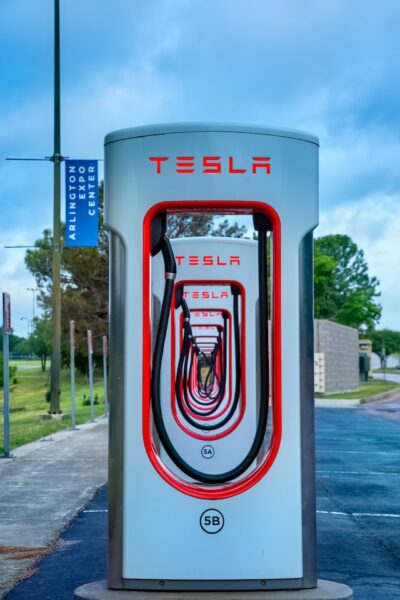
Manufacturing Processes: The manufacturing process of lithium-ion batteries requires specialized equipment and controlled environments, increasing production costs. Innovations in manufacturing techniques and economies of scale are gradually lowering these expenses, making electric cars more affordable.
Technological Advancements: Advancements in battery technology, such as increased energy density and longer lifespan, play a crucial role in reducing overall costs. Research and development initiatives focused on enhancing battery performance and efficiency are vital to achieving cost-effective electric vehicles.
Government Incentives and Market Competition:
To spur the adoption of electric vehicles, many governments worldwide offer incentives, including tax credits, subsidies, and rebates. These incentives help offset the high upfront cost of electric cars and encourage consumers to make the switch. Additionally, increasing competition among automakers in the EV market is driving innovation and cost reduction efforts.
Future Prospects:
The Path to Affordable Batteries: As technology continues to evolve, there are promising developments on the horizon. Researchers are exploring alternative battery chemistries, such as solid-state batteries, which offer improved performance and lower costs. Additionally, increased investment in battery manufacturing facilities and advancements in recycling technologies can help create a more sustainable and cost-effective battery ecosystem.
Conclusion:
While the high cost of electric car batteries remains a barrier to widespread adoption, ongoing advancements and market forces are driving costs downward. The combination of government incentives, competition among automakers, and technological breakthroughs holds the potential to make electric vehicles more affordable in the near future. As we strive for a sustainable transportation future, affordable and accessible electric cars powered by cost-effective batteries are a critical piece of the puzzle.



